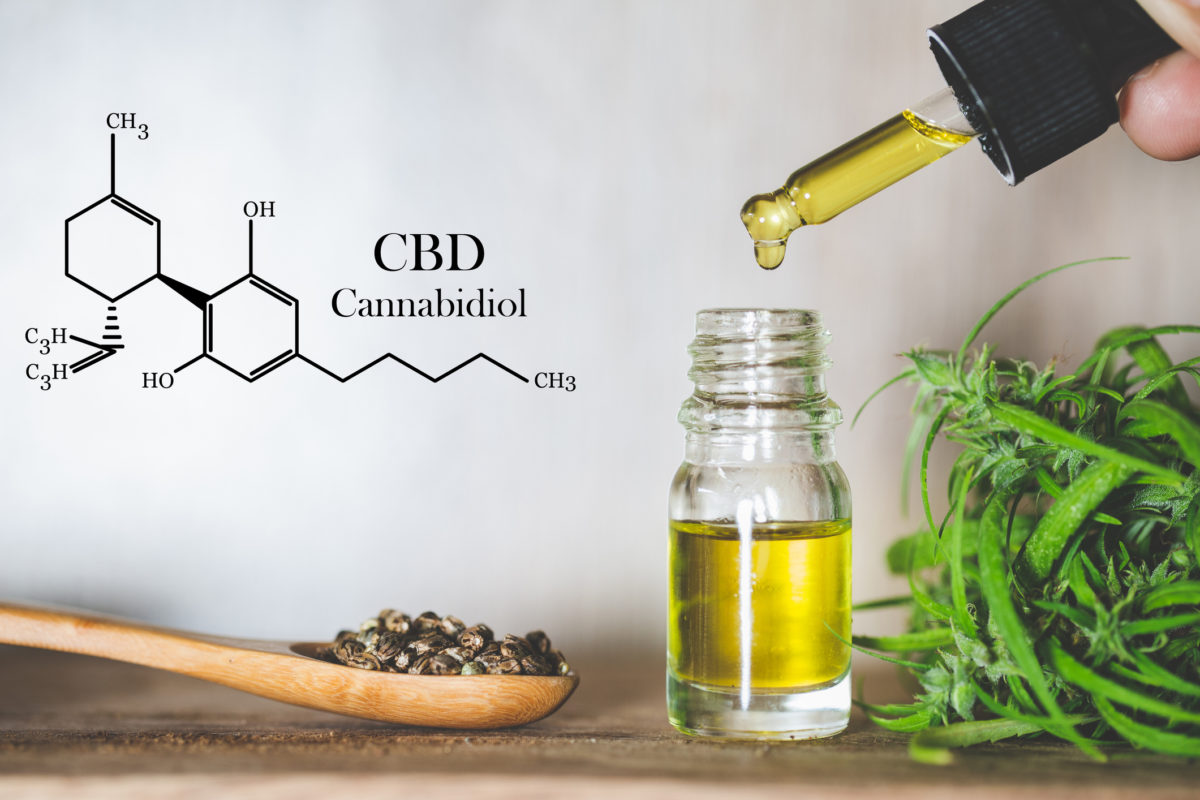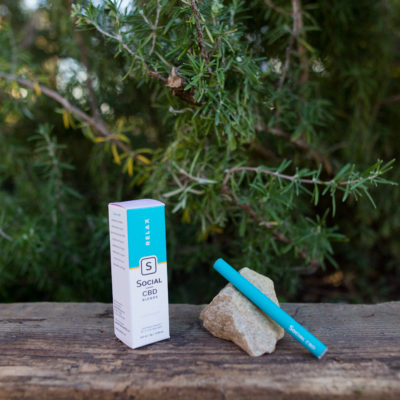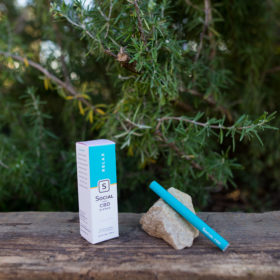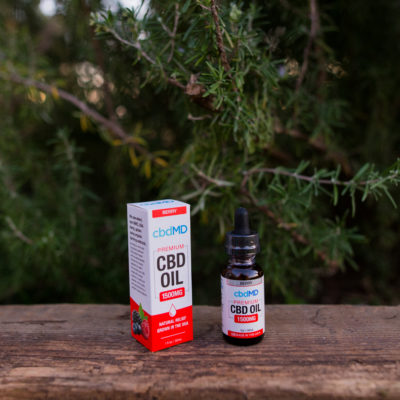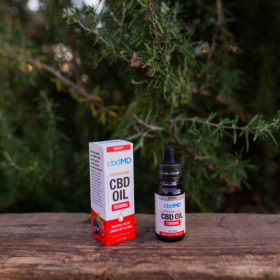Modernity has been inundated with new oils and plant extracts that make huge claims in regard to their uses and their benefits including hemp. However, what separates hemp from newly mainstream extracts is its proven track record. It may seem like a novel plant, but its been around for a very long time with continuously replicable processes. Hemp is one of those rare plants that has been cultivated for millennia and has a slew of applications that makes it hard to pinpoint what exactly it can do, because its uses seem limitless. With this article we’re going to try to do just that. We have outlined some of the many usages of hemp from construction and clothing to papers and plastic and a few things in between. So, lets take a deep dive into the world of hemp and all its applicable derivatives.
What is Hemp?
Hemp is a variety of the Cannabis sativa plant species with a long history as an industrial agent. While there are many varieties of Cannabis such as sativa, indica and ruderalis, only sativa is suitable for cultivating industrial hemp. In fact, sativa’s industrial hemp usage dates to Ancient China and other Eastern cultures as long ago as 10,000 years. It has a varied history with a multitude of usages ranging from canvas making and boat sails to clothes, paper and even plastic.
A lot of people confuse hemp with its psychoactive derivative marijuana. While hemp does contain tetrahydrocannabinol, better known as THC which is the compound that causes the “high” feeling, it is in trace amounts with a much larger presence of cannabidiol, or CBD. Essentially, they’re two separate strains with very different effects and usages and should not be conflated as CBD is legal as is industrial hemp more broadly.
It was among the first plants to be cultivated into usable fiber and it remains an environment-friendly alternative for many other industry standards. Little known fact, even U.S. Presidents Washington and Jefferson grew hemp for a variety of usages. It may be enjoying mainstream success and acceptance, but it has been a staple in American culture for centuries.
Cultivation
Hemp grows in a variety of environments due to selective breeding that goes back 10,000 years. This has allowed hemp plants to be grown for specific usages like oil yield, fiber quality, specific cannabinoids, and seed yield just to name a few. In the United States, the cultivation and production of hemp has been a controversial occurrence.
While it is not expressly illegal, up until recently several states required manufacturers to import hemp from places like Canada, because it couldn’t be cultivated.
Hemp can even be distilled and extracted to utilize for food and beverage purposes complete with the many positive effects due to the plant’s most active compound: CBD. These include CBD tinctures, which can be added to soups or other liquid-based food products and even CBD infused seltzer water.
Clothing

One of hemp’s most well-known usages is in the textile industry. From fabrics to fibers, hemp has greater tensile strength than its cotton counterpart, which causes it to accrue more production costs. Aside from being stronger and tougher, hemp grows faster and produces more fiber per acre than linen and cotton, which are stables in the industry. While it may not be a cost-effective option, it’s definitely a better option.
Currently, there are already a slew of high-end fashion brands that utilize hemp fibers in specific clothing and apparel pieces such as American designers Calvin Klein, Ralph Lauren and even more established Italian brands such as Armani and Versace. Hemp is a perfect substitute for cotton and other materials in sports clothing and lingerie.
Aside from more popular brands, there are entire clothing brands based on hemp-based clothing often found in online boutiques and stores.
Food & Beverages
While hemp may not be a good option to supplement an entire meal, due to its high prevalence of cannabidiol, CBD oil and CBD hemp oil tinctures are a great dietary addition. These tinctures can be used in a number of recipes from soups and stews to smoothies, shakes and even desserts like pie and cake by adding drops into the batter.
So, what is CBD oil? Well, it comes in various forms and you can learn more about it in the next section on body oils and lotions, but for digestive purposes it’s the primary part of hemp that makes it beneficial to consumers. Due to these CBD oil benefits, hemp is a prominent feature in healthy food blogs as an additive to baking flour and even salad dressings.
There are roughly a dozen different types of hemp plants that are grown specifically for food with trace amounts of THC. Apart from CBD tinctures which are liquid drops, there are also hemp seeds which can be added to recipes similar to chia seeds where you can either choose to use whole or crush up for added flare. Hemp is truly a versatile plant and whether it’s its CBD derivatives or the entire hemp seed, it’s a welcome addition to any recipe.
Topical Hemp

Now, apart from digesting hemp-based products by way of pure CBD oil, there are also body oils and lotions made for the expressed purpose of aromatherapy. Due to its therapeutic, calming properties, CBD oil has become an increasingly popular essential oil.
There are a number of places including online boutiques, headshops and health food stores where you can buy CBD oil in a range of dermal, topical varieties including an aromatherapy essential oil, lotion or even salve. Topical hemp-based products have been flirting with the mainstream for years and remains perhaps one of the more well-known usages of hemp oils as its popularity continues to rise.
Construction
From ropes and sails to concrete, hemp has a history as a construction material and in more recent times has even been made into a concrete-like product known as hempcrete. plant can make strong and durable materials for construction. Made from the interior of the Cannabis plant combined with lime, water to be used with additional minerals and core fibers, hempcrete has been used to construct a multitude of buildings and structures. Most notably, it’s used across parts of Europe where industrial hemp was never criminalized.
Hemp-based construction materials have also been used as insulation, wood finish and oil-based deck stain and many of these products have been shown to outperform regular commercial product, which are usually made from polymer coatings derived from petroleum and synthetic goods.
Paper
In order to be more environmentally-conscious, some people have extolled the virtues of hemp paper, which saves trees and is a stronger, more resistant product compared to alternatives made from wood pulp. Researchers have also found that hemp paper can be recycled seven to eight times compared to traditional wood papers which can only be recycled up to three times.
The downside with regard to hemp-pulp paper is the cost of production, which are generally considerably more expensive than traditional paper products. Therefore, it’s unlikely that hemp-pulp paper would be mass produced for printing, package and writing papers. Hemp paper is usually relegated to material such as cigarette papers and other special papers.
Plastic

As an ever-increasing climate disaster becomes more and more of a reality, scientists and consumers are on the lookout for biodegradable alternatives to environmentally dangerous products such as plastics, which fill landfills and pollute the oceans: enter hemp. As a usable fiber, cellulose found in hemp can be extracted to created plastics such as cellophane, rayon and celluloid and these plastics are more sustainable.
While not a completely safe option, as biodegradable plastics need to be commercially composted and can’t be fully biodegraded in a landfill, hemp plastics are still a much more relatively environmentally friendly option that does not sacrifice binding power and strength. Hemp-based plastic products can be seen in cars and musical instruments; however, on a mass scale, hemp-based plastics are far from a viable industry option at the moment.
Conclusion
Hemp is a multi-purpose plant that has a series of applications, both large and small, that have not been covered. It’s easier to ask what hemp can’t be used for than it is to outline every specific use of this Cannabis sativa strain. As it becomes more and more common in contemporary culture, and increasingly decriminalized around he world due to an unfair conflation with marijuana-based products, a slew of industries will be positively revitalized both economically and environmentally to meet the demands of our changing world. And at the crux of that changing industry will be hemp. All hail our hemp-based future!
Article Credit: https://queencityhemp.com/2019/01/30/the-many-uses-of-hemp/

